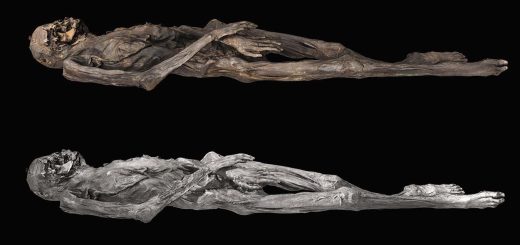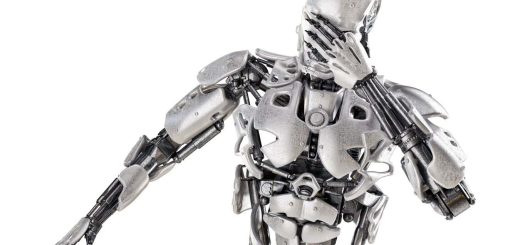A youthful brain and immune system may be key to a long life
Maintaining good overall health is key to living a long life, but we may want to particularly focus on the state of our brain and immune system
By Carissa Wong
9 July 2025
It seems that not all organs are equally important for longevity
Westend61 GmbH / Alamy
When it comes to living a long life, it seems not all organs are created equal. Scientists have found that having a youthful brain or immune system may be key – more so than having a slowly ageing heart or lungs.
We already knew that organs age at different rates, but it is unclear which ones have the biggest influence on lifespan, says Hamilton Se-Hwee Oh at the Icahn School of Medicine at Mount Sinai in New York.
Read more
Rapid bursts of ageing are causing a total rethink of how we grow old
Advertisement
So, Oh and his colleagues analysed the levels of nearly 3000 proteins in blood samples collected from more than 44,000 people who enrolled in the UK Biobank study when they were between 40 and 70 years old.
Using genetic data from past studies, the team was able to build a picture of where these proteins were in the body, pinpointing dozens of proteins that are especially abundant in 11 areas: the immune system, heart, brain, liver, lungs, muscles, pancreas, kidneys, gut and fat tissue. The high levels of these proteins indicate they are important in the proper functioning of these organs and body systems.
Next, the team trained machine-learning models to guess how old the participants were based on data from about half of them, creating a separate model for each of the 11 parts of the body. While these estimations generally matched the participants’ ages fairly well, some models overestimated or underestimated it, supporting the idea that organs age at different rates, says Oh.


